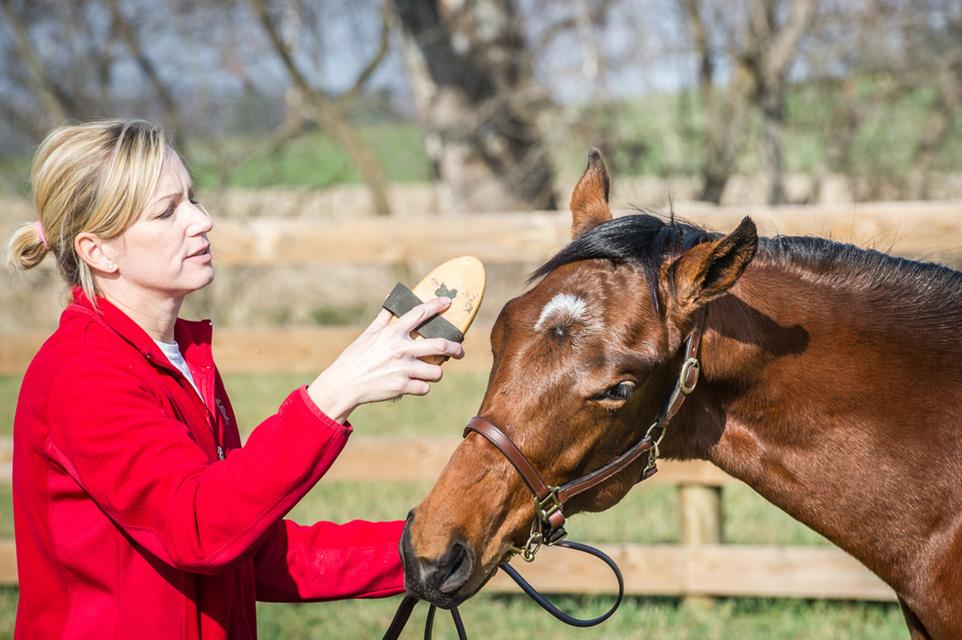Updated: May 23, 2024
University of Maryland Extension Resources for Horse Owners (EBR-51)
Maryland’s horse industry adds $2.9 billion to the state’s economy, according to the American Horse Council 2024 economic impact study. Maryland is home to over 94,000 horses and ranks number one in the United States in terms of horses per square mile. University of Maryland Extension (UME) is a non-formal education system within the College of Agriculture and Natural Resources (AGNR) that has educators who can help guide and provide resources for Maryland’s horse enthusiasts. There are a variety of equine-related programs, online recordings, webinars, and publications that are offered through UME either for free or for a small fee to the public. Authors: Erica Crowl and Jennifer Reynolds; Title: University of Maryland Extension Resources for Horse Owners (EBR-51).
Updated: July 7, 2022
Considerations for Equine Lease Agreements (FS-1062)
Offering a horse for lease can be a good option for an owner who is unable to ride or care for their horse due to physical, time, or financial constraints but still wishes to maintain ownership. A lease can be an alternative to selling the horse, a way to cut maintenance costs, or an avenue to ensure the horse remains in work. An equine lease can take many forms, depending on how the lease agreement is constructed. This publication includes information on the factors to consider when preparing or reviewing a written lease agreement, as well as case studies that describe the terms of the leases. Authors: Sara BhaduriHauck and Paul Goeringer; Title: Considerations for Equine Lease Agreements (FS-1062)
Updated: February 23, 2022
Keeping Horses on a Budget
Authors:
Sara BhaduriHauck
Horses are expensive to care for, and the costs can quickly become burdensome unless they are managed carefully. It is possible, however, to reduce horse care costs while providing a high standard of care. Before you can cut expenses, you must have a good understanding of your horse-related expenses. Once you have a thorough understanding of your expenses, you can begin to consider ideas for reducing them using the tips on feeding, boarding, farrier and veterinary care and supplies detailed in this publication.
